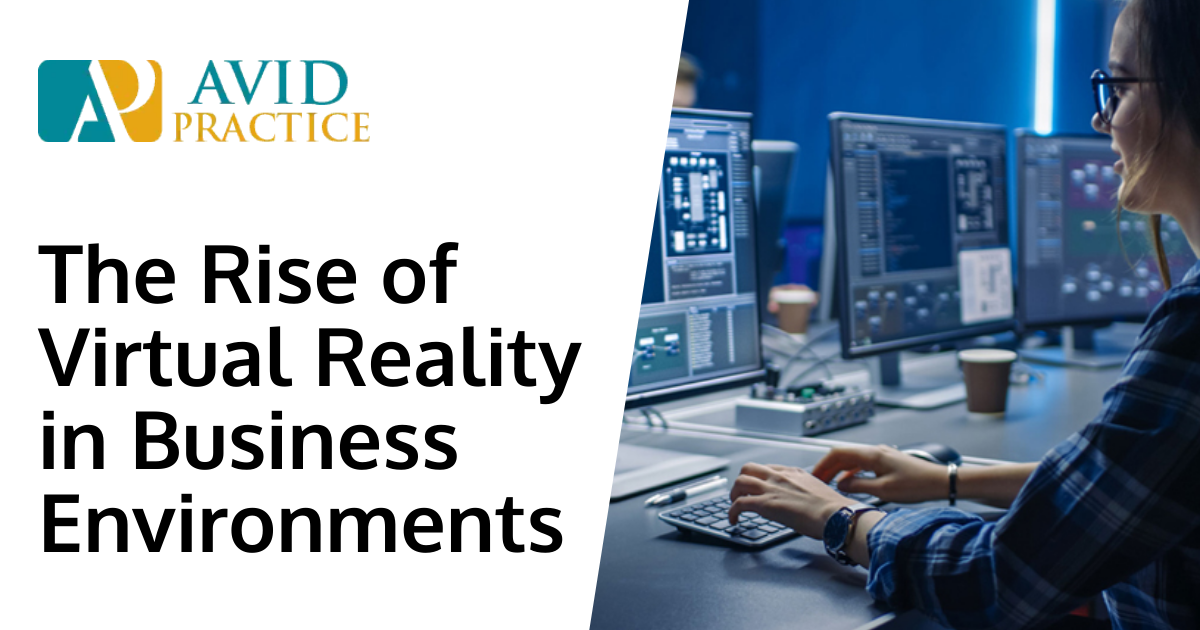Virtual Reality (VR) used to be the stuff of science fiction. Today, it’s a reality that’s restructuring the world of business. By creating immersive, interactive 3D environments, VR is creating new opportunities and challenges for the way companies operate, collaborate, and compete. This article delves into the significant rise of VR in various business environments and provides insight into the current and potential future applications of this groundbreaking technology.
The Emergence of VR in Business
VR first rose to prominence in the domain of gaming but quickly found its foothold in various business sectors. Today, industries from real estate to healthcare are harnessing its capabilities to drive productivity, improve customer service, aid in training, and much more. VR’s power to create lifelike simulations of real-world environments makes it a valuable tool in a wide range of business applications.
Product Design and Prototyping
VR’s visual and interactive capabilities make it an invaluable tool in product design and prototyping. It allows designers to test and refine concepts in a virtual environment before moving on to the costly stage of physical prototyping. For businesses, this means cost savings, increased efficiency, and the ability to get products to market faster.
Training and Development
One of the most popular applications of VR is in training and development. By creating realistic, interactive virtual environments, companies can offer training experiences that are highly immersive and engaging. This has proven to be particularly beneficial in industries that demand high levels of skill and precision, such as surgery or aviation.
Real Estate and Architecture
In the real estate and architecture industries, VR is revolutionizing the way properties and architectural designs are presented to clients. Rather than having to imagine what a finished building or interior would look like based on blueprints or sketches, clients can ‘walk through’ a virtual representation – providing a level of intuition that simply can’t be achieved with traditional methods.
FAQs on Virtual Reality in Business
What benefits does VR offer to businesses?
VR offers a range of benefits to businesses, including the potential for cost savings, improved efficiency, enhanced customer engagement, more effective training, and a more intuitive sales process.
What challenges does VR present to businesses?
Like any new technology, VR also comes with potential challenges. These include the initial cost of investing in VR hardware and software, technological limitations, and the need to train employees to use the technology effectively.
Conclusion
VR, a concept once reserved for the realm of sci-fi, has emerged as a powerful tool with profound implications for the world of business. As this technology continues to evolve, so too will the opportunities it presents, opening up exciting new horizons for businesses that are ready to embrace the future.

